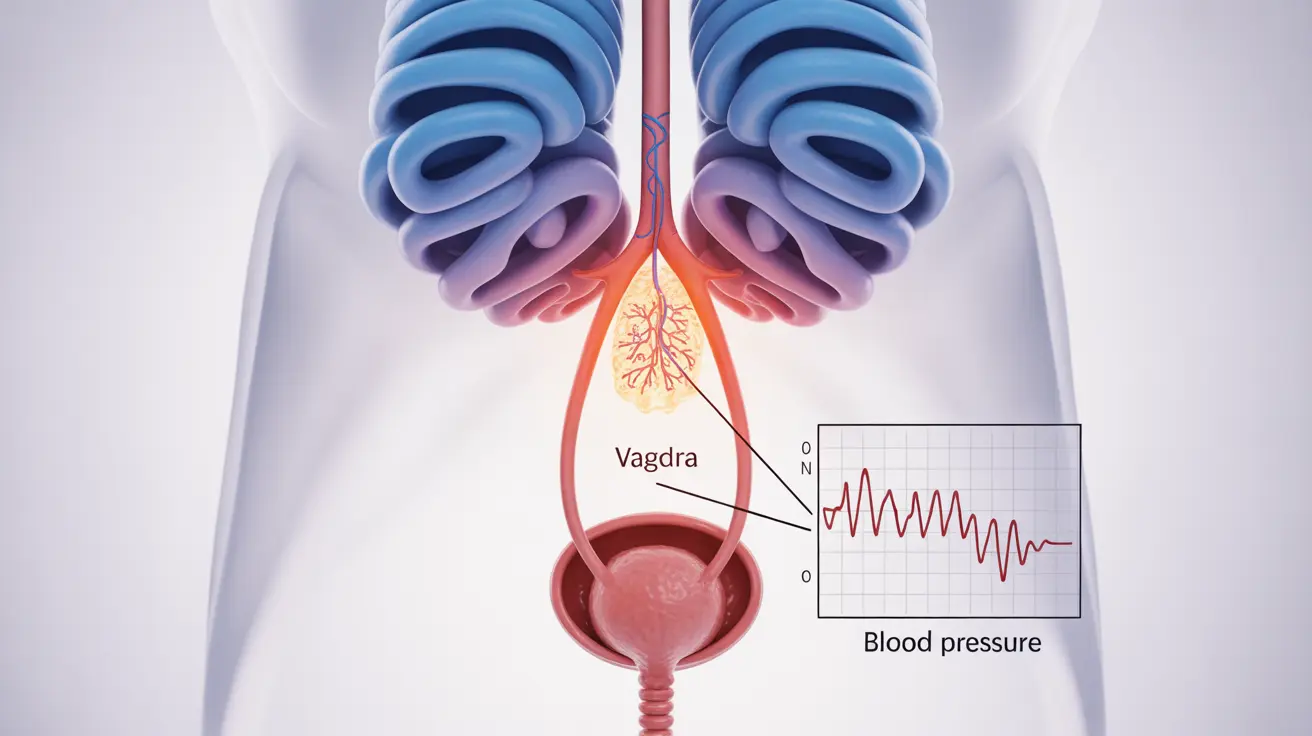Micturition syncope is a concerning medical condition where a person experiences dizziness or fainting during or immediately after urinating. This relatively uncommon but potentially dangerous form of situational syncope primarily occurs at night or early morning hours, making it particularly important to understand and manage effectively.
While this condition can affect anyone, it's more commonly observed in middle-aged and older adults, particularly men. Understanding its causes, recognizing warning signs, and knowing proper prevention strategies are crucial for maintaining safety and preventing potential injuries from falls.
Understanding the Causes of Micturition Syncope
Micturition syncope occurs due to a complex interaction between the nervous system and cardiovascular responses during urination. The primary mechanisms include:
- Sudden drop in blood pressure
- Activation of the vagal nerve
- Rapid emptying of the bladder
- Changes in body position
The condition is often exacerbated by factors such as dehydration, alcohol consumption, medications affecting blood pressure, and underlying cardiovascular conditions. Nighttime episodes are particularly common because of the body's natural blood pressure variations during sleep.
Recognizing Warning Signs and Symptoms
Being able to identify early warning signs can help prevent full syncope episodes. Common symptoms include:
- Lightheadedness or dizziness
- Cold sweats
- Blurred or tunneled vision
- Nausea
- Ringing in the ears
- Weakness in the legs
These symptoms typically develop rapidly, sometimes within seconds of starting to urinate or immediately afterward. Recognition of these warning signs allows individuals to take immediate protective actions.
Prevention Strategies and Safety Measures
Several practical steps can help reduce the risk of micturition syncope episodes:
- Avoid sudden movements when getting up to urinate
- Stay well-hydrated throughout the day
- Limit alcohol consumption, especially before bedtime
- Consider using a urinal while seated if symptoms occur frequently
- Ensure bathroom lighting is adequate
- Install grab bars or handrails in the bathroom
When to Seek Medical Attention
Medical evaluation is essential in several circumstances:
- After the first episode of micturition syncope
- If episodes become more frequent
- When accompanied by chest pain or heart palpitations
- If injuries occur during an episode
- When symptoms worsen or change
Healthcare providers may perform various tests to rule out underlying conditions and develop an appropriate treatment plan.
Frequently Asked Questions
- What causes fainting during or right after urination in micturition syncope?
Micturition syncope is primarily caused by a sudden drop in blood pressure combined with the body's response to urination. The act of urinating can trigger the vagal nerve, leading to a decrease in heart rate and blood pressure, particularly when standing up quickly from sleep.
- What are the common symptoms and warning signs before a micturition syncope episode?
Common warning signs include dizziness, lightheadedness, sweating, blurred vision, and weakness in the legs. These symptoms typically occur suddenly and may progress rapidly to full syncope if preventive actions aren't taken.
- How can I prevent or reduce the risk of micturition syncope occurring at night?
To reduce nighttime episodes, maintain good hydration throughout the day, avoid alcohol before bedtime, get up slowly when needing to urinate, and consider using a nightlight in the bathroom. Some people find it helpful to sit while urinating during nighttime bathroom visits.
- Are there specific lifestyle changes or precautions to manage micturition syncope safely?
Key lifestyle changes include maintaining proper hydration, avoiding alcohol, exercising regularly to improve cardiovascular health, and creating a safer bathroom environment with adequate lighting and support bars. Some individuals may need to adjust medications that affect blood pressure.
- When should someone experiencing micturition syncope seek medical evaluation or treatment?
Medical evaluation is necessary after the first episode, if episodes become more frequent or severe, when accompanied by other symptoms like chest pain or palpitations, or if injuries occur during an episode. A healthcare provider can determine underlying causes and recommend appropriate treatment.




